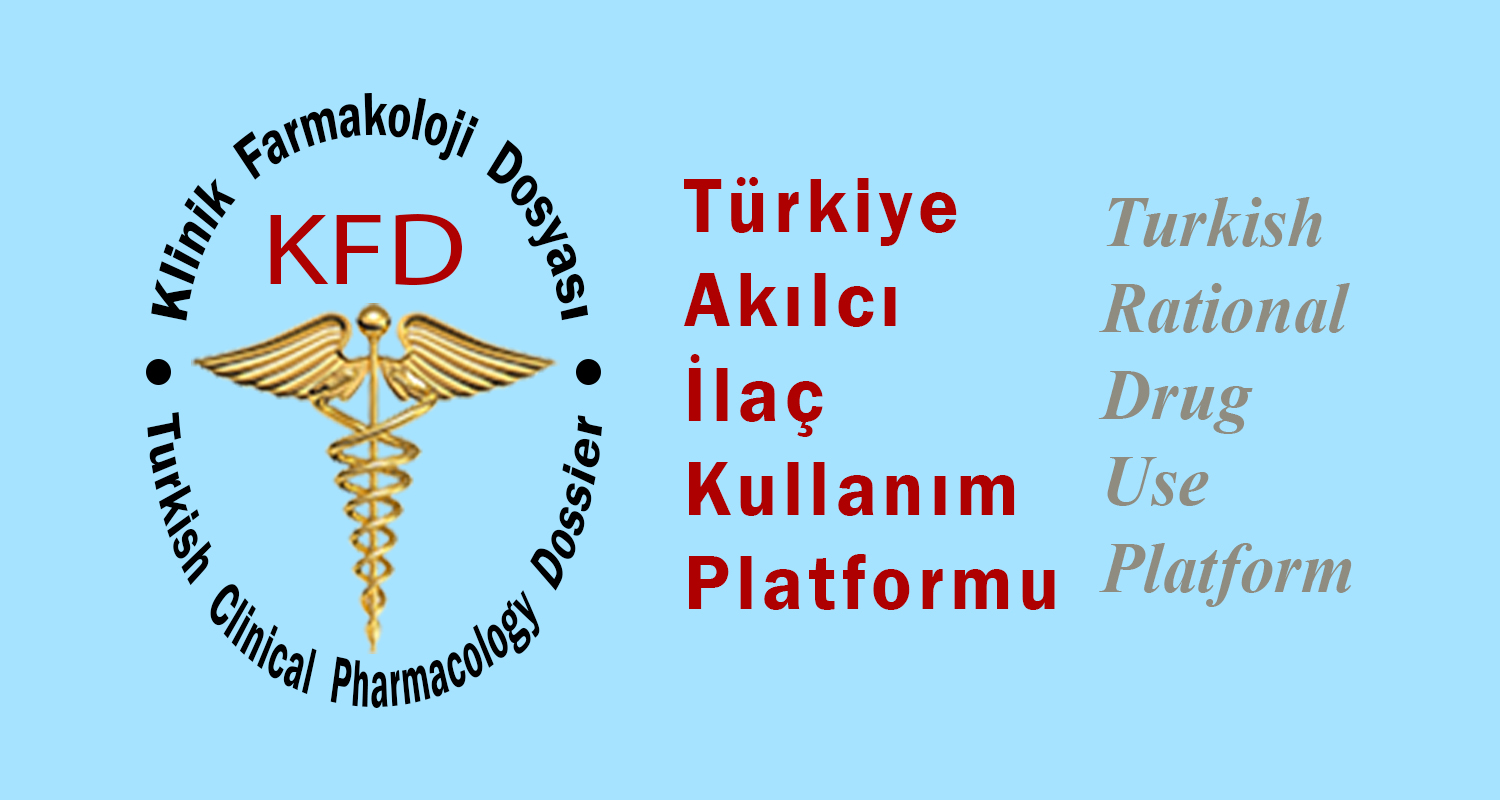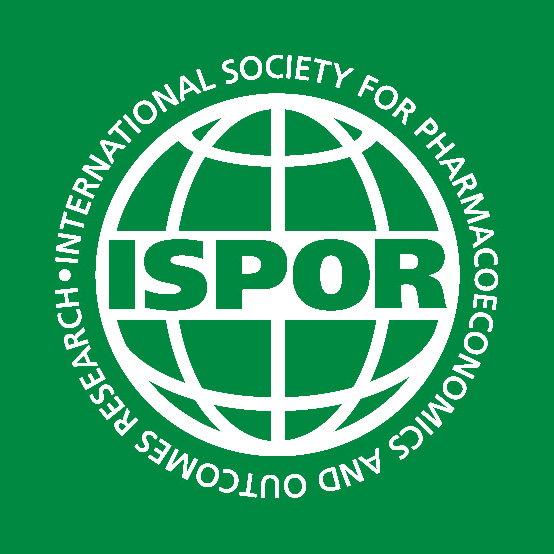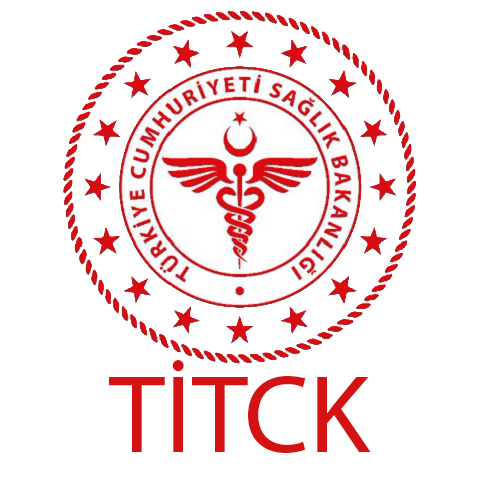
PHOSPHODIESTERASE TYPE 5 (PDE5) INHIBITORS [sildenafil citrate (marketed as VIAGRA and REVATIO), vardenafil hydrochloride (marketed as LEVITRA), and tadalafil (marketed as CIALIS)]: Sudden Hearing Loss
A published case report of sudden sensorineural hearing loss (SSHL) in a male patient taking sildenafil citrate (Viagra) for the treatment of erectile dysfunction (ED) prompted FDA to search the Adverse Event Reporting System (AERS) for postmarketing reports of hearing impairment associated with use of PDE5 inhibitors.1 There were 29 unique cases that described hearing loss, with or without associated vestibular symptoms, that met the definition of SSHL (see Box 1) and reported a strong or reasonably plausible temporal relationship to use of a PDE5 inhibitor (sildenafil citrate (Viagra, Revatio), vardenafil hydrochloride (Levitra), and tadalafil (Cialis)). The labeling for this class of drugs was revised to reflect this information in the Adverse Reactions section and provide guidance for patients who experience sudden hearing loss in the Precautions, Information for Patients section of the labeling. This article describes the postmarketing data that prompted the revisions to product labeling and provides indication-specific recommendations to healthcare professionals and patients regarding this adverse event.
Phosphodiesterase type 5 degrades cyclic guanosine monophosphate (cGMP). Inhibition of PDE5 results in increased cGMP which causes smooth muscle relaxation. Smooth muscle relaxation in the vascular beds of the corpus cavernosum and pulmonary arteries is responsible for the PDE5 inhibitor effects seen in erectile dysfunction (ED) and pulmonary arterial hypertension (PAH), respectively. Sildenafil, vardenafil, and tadalafil were approved for treatment of ED in 1998, 2003, and 2003, respectively; sildenafil (as Revatio) was approved for treatment of PAH in 2005. For ED, the recommended dose of tadalafil and vardenafil is 5 mg-20 mg and the recommended dose of sildenafil is 25mg-100mg. These drugs are taken on an as-needed basis for ED, and the dose should not exceed once a day. The recommended dose of sildenafil for PAH is 20 mg, three times a day (60 mg/day). Sildenafil use by patients with PAH is both continuous and may be at a higher dose than for men taking sildenafil intermittently for ED.
Box 1
What is SSHL?
According to the National Institute on Deafness and Other Communication Disorders (NIDCD),2sudden sensorineural hearing loss (SSHL), more commonly known as "sudden deafness," is a rapid loss of hearing that can occur all at once or evolve over a period of up to 3 days. It should be considered a medical emergency and persons experiencing SSHL should seek medical care immediately.
Hearing loss is unilateral in 90% of SSHL cases and may be associated with tinnitus or vestibular symptoms (e.g., disequilibrium, nausea). Spontaneous partial or full recovery of hearing is possible, although 15% of patients develop worsening hearing over time.
NIDCD estimates that approximately 4,000 cases of SSHL occur in the United States annually (an incidence of roughly 1-2 cases per 100,000 per year); others have reported that the incidence may be as high as 5-20 cases per 100,000 persons annually.3 There are more than 100 possible causes of sudden deafness including vascular insult and drug-related ototoxicity; the cause is identified in only 10-15% of cases.
Hearing loss is very commonly reported in an aging population, especially in patients with risk factors for erectile dysfunction. However, sudden hearing loss is an uncommon event at any age. It is not known whether age was a factor in the cases of sudden hearing loss reported in temporal relation to use of the PDE5 inhibitors.
Reported Cases of SSHL
There have been 113 cases of hearing loss in patients using PDE5 inhibitors reported to FDA and drug product sponsors through September 20, 2007. Of the 113 reports, 84 cases were excluded from the case series. The reasons for exclusion include: significant uncertainty about the temporal association between PDE5 inhibitor use and hearing loss; hearing loss that did not meet the definition of SSHL; hearing loss that pre-dated drug use; a report that was too vague for attribution; and gradual hearing loss over several years, among others.
There were 29 unique cases (U.S.-14, non-U.S.-15) in FDA's AERS database that contained a narrative supporting a strong or reasonably plausible temporal association between sildenafil, vardenafil, or tadalafil use and sudden hearing loss, both with and without accompanying vestibular symptoms (tinnitus, vertigo, or dizziness). Sudden hearing loss also was reported in a few patients in clinical trials for each of these drugs. The mechanism by which PDE5 inhibitors may be associated with SSHL remains uncertain. In many cases, medical conditions and other factors may have contributed to the adverse event. The discussion below is focused on analysis of these 29 cases.
The products involved in these 29 cases were sildenafil (15 ED and 4 PAH patients), vardenafil (5), and tadalafil (5). In one instance, more than one PDE5 inhibitor was used by a patient in proximity to the onset of SSHL and drug attribute was based on the patient’s “usual” drug or drug listed first in the AERS report.
For the 25 cases reporting use for the ED indication, the age ranged from 38 to 85 years. Nine individuals reported co-existing medical conditions such as hypertension, heart disease, and diabetes mellitus that are risk factors for hearing loss. Three cases described a history of hearing loss (and, in one case, Meniere's disease). Many reports did not contain information regarding concomitant diseases, smoking history, or concomitant drug use.
Four patients (three females and one male) treated with sildenafil for PAH reported sudden hearing loss. The time to onset of sudden hearing loss ranged from less than 3 weeks to 11 months after beginning sildenafil therapy. In all 4 cases, the sudden hearing loss was described as unilateral and ongoing at the time of the report. Sildenafil therapy continued for three of the reported cases and was discontinued in one case.
Unlike the 25 patients being treated for ED, the four PAH patients received sildenafil 2-3 times per day and also all were receiving other chronic medications at the time of the sudden hearing loss. Although the history of chronic, daily exposure to sildenafil for many weeks or months prior to the onset of SSHL in the PAH cases differs from the pattern observed in the 25 ED cases described above, the SSHL did occur while on sildenafil therapy. Therefore, a possible association between sildenafil exposure and hearing loss in PAH cases could not be ruled out.
There were no predictable warning signs for sudden hearing loss in the reported cases. In some cases, sudden hearing loss was accompanied by ringing in the ears and dizziness. The available information in these 29 cases was not sufficient to determine if any patient-specific risk factors were more likely to be associated with SSHL. There was limited medical follow-up information for these postmarketing case reports, making it difficult to determine whether these reports were directly related to the use of a PDE5 inhibitor, an underlying medical condition, or other risk factors for hearing loss, a combination of these factors, or other factors.
The key demographics and patient characteristics of SSHL cases are as follows:
- 27 patients reported the onset of SSHL within 24 hours of PDE5 use (sildenafil (15 ED, 4 PAH), vardenafil (4), tadalafil (4))
- The age range of patients using PDE5 inhibitors for ED was 38 to 85 years (mean- 61 years; median- 63 years); for PAH was 36 to 63 years (mean- 47 years; median- 44 years)
- 13 (45%) reported either generalized vascular disease (hypertension, diabetes, atherosclerosis), or other underlying contributory factors (tobacco use, history of hearing loss)
- The hearing loss was unilateral in 17 cases, bilateral in 4 cases, and not reported in 8 cases
- The hearing loss occurred with the first dose in 10 cases, with subsequent doses in 4 cases, and was not reported related to dosing in 15 cases
- Fifteen (52%) patients had concomitant tinnitus, vestibular symptoms, or both
- Nine patients (31%) reported that sudden hearing loss was temporary, in 16 cases the event was ongoing, and in 4 cases the outcome was not reported
- Twenty (70%) patients reported either pharmacologic interventions (such as systemic corticosteroid, antiviral, antiemetic therapy), and/or discontinuation of the drug
- Two patients with ED reported a positive re-challenge
Three cases that illustrate the temporal relationship between PDE5 inhibitor use and onset of SSHL are summarized in Box 2.
Box 2
Case 1
A 50-year-old male reported bilateral hearing loss and ringing-type tinnitus, right greater than left, after taking an unknown dose of sildenafil (Viagra) for erectile dysfunction. He had no prior history of hearing loss; his medical history included arteriosclerotic vascular disease and hypercholesterolemia. He did not have his hearing evaluated and it is unclear if the hearing loss resolved. Approximately three months later, he noted hearing loss with increased tinnitus in the right ear within one hour of taking sildenafil. Audiogram showed a mild, bilateral, symmetric, high tone sensorineural hearing loss (SSHL) and a low tone SSHL on the right. A head MRI was normal. Two months later, he indicated that his hearing loss persisted unchanged and that he was still bothered by sound distortion and hearing asymmetry. Physical examination showed normal ear canals and tympanic membranes and follow-up audiometry was unchanged. It is unknown whether sildenafil was used subsequently.
Case 2
A 58 year-old male physician recently begun on tadalafil (Cialis) awoke with sudden right hearing loss approximately 6 hours after taking a 20 mg tablet. He experienced aural fullness and increasing tinnitus as well as imbalance, nausea, diaphoresis, and vertigo. He had no prior history of ear problems; his medical history included type 2 diabetes mellitus of 4 years duration, reactive airway disease, gastroesophageal reflux, benign prostatic hyperplasia, and progressive erectile dysfunction over 2 years.
An otolaryngic evaluation with audiometry showed a severe, flat, right-sided SSHL with a 0% speech discrimination score at 100 decibel hearing level. Hearing in the left ear was normal. A vestibular assessment showed normal electronystagmography, no positional nystagmus, and negative Dix-Hallpike maneuvers bilaterally. Bithermal caloric studies showed a 25% right-sided weakness. A brain MRI scan was negative.
He was treated with a 10-day course of prednisone as well as a course of antiviral medication and meclizine. He had episodic vertigo which gradually improved over 2 weeks, but his hearing loss and tinnitus persisted. Serial audiograms showed a persistent sensorineural hearing loss with no speech discrimination ability. The hearing loss was ongoing at the time of the report to the AERS database.
Case 3
A 59-year-old male experienced sudden bilateral SSHL shortly after taking a double dose (dose not reported) of vardenafil (Levitra) for erectile dysfunction. The patient has been taking vardenafil for many years, but awakened with hearing loss after the additional dosage. The patient had formal audiometric assessment and MRI with contrast of internal auditory canals; however, the results of the tests were not reported. The patient had no history of tobacco or alcohol use. Concomitant medications were not reported. The sudden hearing loss resolved after vardenafil was discontinued.
Current Status
There appears to be a strong or reasonably plausible temporal relationship between PDE5 inhibitor exposure and SSHL in these 29 cases. In many cases, however, medical conditions and other factors may have contributed to the adverse event. FDA encourages:
- Physicians who prescribe Viagra, Levitra, or Cialis, for ED should advise their patients to immediately stop taking the drug if they experience any sudden decrease or loss of hearing and seek prompt medical attention.
- Physicians should advise their patients with PAH who experience a sudden decrease or loss of hearing while taking Revatio to seek prompt medical attention. Patients should NOT stop taking the drug without consulting their physician about other treatment options.
Healthcare professionals and patients should be watchful for sudden hearing loss associated with the use of sildenafil, vardenafil, and tadalafil and report cases to FDA's MedWatch.
Relevant Web Sites
http://www.fda.gov/bbs/topics/NEWS/2007/NEW01730.html
http://www.fda.gov/cder/drug/InfoSheets/HCP/ED_HCP.htm
Sildenafil citrate (Viagra) product labeling.
Vardenafil hydrochloride (Levitra) product labeling.
Tadalafil (Cialis) product labeling.
Sildenafil citrate (Revatio) product labeling.
References
- Mukherjee B, Shivakumar T. A case of sensorineural deafness following ingestion of sildenafil. J Laryngol Otol. 2007;121(4):395-397.
- National Institute on Deafness and Other Communication Disorders: Sudden Deafness. Retrieved at http://www.nidcd.nih.gov/health/hearing/sudden.htm
- Byl FM. Sudden hearing loss: eight years' experience and suggested prognostic table. Laryngoscope. 1984;94:647-661.







